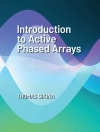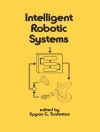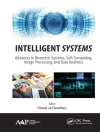Recently, novel metaheuristic techniques have emerged in response to the limitations of conventional approaches, leading to enhanced outcomes. These new methods introduce interesting mechanisms and innovative collaborative strategies that facilitate the efficient exploration and exploitation of extensive search spaces characterized by numerous dimensions. The objective of this book is to present advancements that discuss novel alternative metaheuristic developments that have demonstrated their effectiveness in tackling various complex problems. This book encompasses a variety of emerging metaheuristic methods and their practical applications. The content is presented from a teaching perspective, making it particularly suitable for undergraduate and postgraduate students in fields such as science, electrical engineering, and computational mathematics. The book aligns well with courses in artificial intelligence, electrical engineering, and evolutionary computation. Furthermore, the material offers valuable insights to researchers within the metaheuristic and engineering communities. Similarly, engineering practitioners unfamiliar with metaheuristic computation concepts will recognize the pragmatic value of the discussed techniques. These methods transcend mere theoretical tools that have been adapted to effectively address the significant real-world problems commonly encountered in engineering domains.
Mục lục
Introduction to Metaheuristic Schemes: Characteristics, Properties, and Importance in Solving Optimization Problems.- Exploring the potential of agent systems for metaheuristics.- Dynamic Multimodal Function Optimization: An Evolutionary-Mean Shift Approach.- Trajectory-Driven Metaheuristic Approach using a Second-Order model.- Collaborative Hybrid Grey Wolf Optimizer: Uniting Synchrony and Asynchrony.- Efficient Image Contrast Enhancement by using the Moth Swarm Algorithm.












